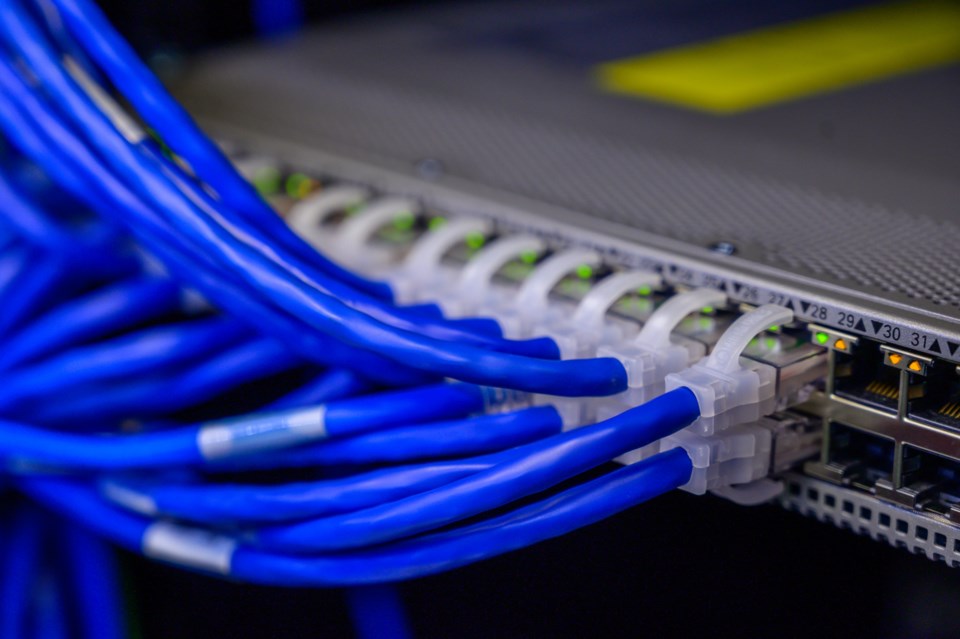In what it’s calling a “historic investment,” the province has committed another $680 million for expanding broadband and cellular access in the province, bringing Ontario’s commitment to date to nearly $1 billion.
Premier Doug Ford made the announcement a day before presenting Budget 2020, which will be released on Nov. 5.
Ford said upgrading access would “unlock new opportunities for business and people, and improve the quality of life for individuals and families.”
"With the world online these days, if we are going to attract more investment to Ontario and compete in this highly competitive global marketplace, we need every part of our province connected with high-speed internet," he said in a release.
The funds are in addition to the $315 million, announced in Budget 2019, for the Up to Speed program, which is designed to support shovel-ready projects, aiming to expand broadband access to up to 220,000 homes and businesses across the province.
Want to read more stories about business in the North? Subscribe to our newsletter.
Under the provincial plan, funding for the Improving Connectivity in Ontario (ICON) program will be doubled to $300 million.
Launched in July, the ICON program invites partners – including private telecom companies, municipal governments, Indigenous communities, and non-profit groups – to submit proposals for projects, which will be funded, in part, by the province.
According to the Canadian Radio-television and Telecommunications Commission (CRTC), more than 1.4 million Ontarians don’t have broadband or cellular access, and upwards of 12 per cent of households in Ontario, mostly in rural, remote or Northern areas, are underserved or unserved from the perspective of broadband.
Earlier this fall, Ford called reliable broadband access the most important infrastructure project to Ontarians.
In consultation with large telecom companies, he said, it would require an estimated $10 billion to $15 billion to install the infrastructure required to ensure internet access to serve everyone in the province.
But the sheer size and scope of the project requires collaboration with the federal government in order to achieve full coverage, Ford added.




